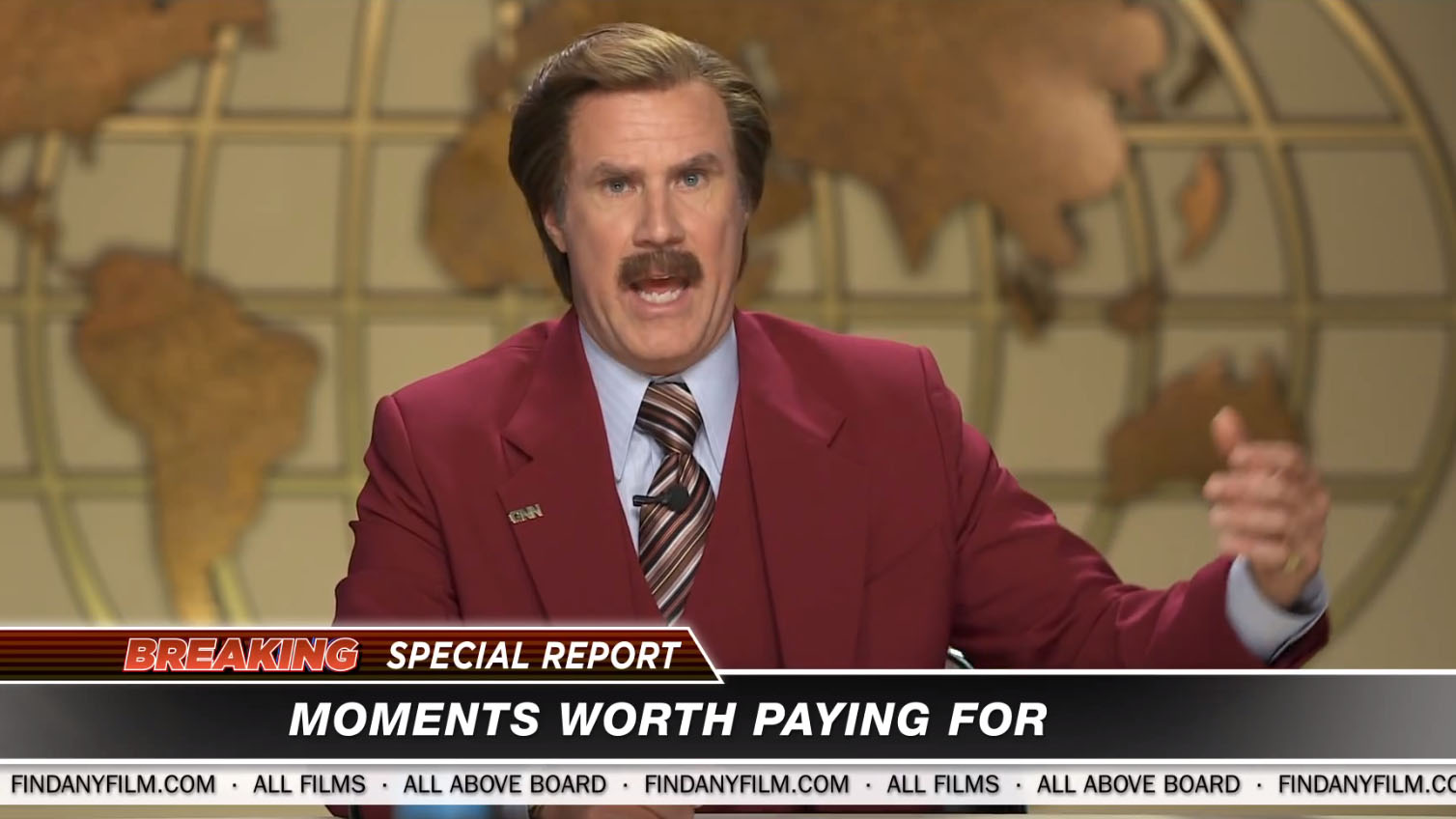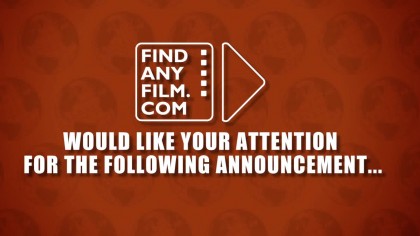Steal or no steal: tackling the changing face of movie piracy
Piracy has gone through massive changes, as has the movie industry's views

Sign up for breaking news, reviews, opinion, top tech deals, and more.
You are now subscribed
Your newsletter sign-up was successful
In 2013, according to the Digital Citizens Alliance, a whopping $227 million was made through pirate sites purely through advertising. $227 million. It's a number that proves that even with the proliferation of legal download sites, the reduction in the cost of Blu-rays and the rise of subscription services such as Netflix, piracy is still big business.
So what is being done to tackle the pirates? Among the DMCA takedown notices, ISPs being pushed to name and shame movie pirates and the sheer volume of P2P traffic that is taken up with illegal downloads, a huge amount of education is taking place.
Education that isn't about telling everyone from children to the elderly that piracy is wrong, but rather the benefits of watching a movie legally.
But it wasn't always this way, as Liz Bales, director general of the Industry Trust, told TechRadar.
"Ten years ago counterfeit DVDs and market traders were the challenge of the movie industry and it is amazing what has happened since then," explained Bales.
"At the time FACT were raiding big duplication plants and mass manufacturers. What the industry had was a whole load of evidence that demonstrated that whenever there was a raid they were finding a lot of pornography and a nice selection of weaponry - they had a really clear picture that it was a criminal activity.
"The feeling was that if audiences could be spoken to about what was found in the raids, then perhaps they would be less inclined to buy from these traders and more inclined to support official retailers."
Sign up for breaking news, reviews, opinion, top tech deals, and more.
And this was how the Industry Trust in the UK was born, with the thinking that if money was put behind a non-profit trust, film fans could be educated on the rights and wrongs of movie piracy.
Getting the message right
There was something of an issue, though. While the message that piracy was wrong was clear, how to push that message was not.
"Before I came on board in 2007, campaigns such as 'you wouldn't steal a handbag, you wouldn't steal a car' were happening," said Bales. "The thought was that piracy is a crime and that is what should be communicated."

While the campaign was successful in that it raised awareness, it did almost nothing to change people's behaviour.
"We did focus groups and found that the places that were raided actually sounded quite aspirational," said Bales, "a one-stop shop where you can get your knock-off DVDs and your porn."
It was clear that the perception of piracy needed to change - that's when the Industry Trust turned to behavioural specialists who had worked on hugely successful campaigns that were as disparate as seatbelt awareness and picking up after your dog.
The idea being that if these companies can encourage people to pick up crap then they could help in changing people's viewpoint on piracy.
It turned out to educate, you had to do the opposite of the heavy handed 'stealing' message and instead push positivity. For a while the Trust pushed a campaign called Knock-off Nigel. It was meant to be irritating and it was there to show that piracy is cheap and naff.
It was a softer and highly successful touch but the piracy world was changing.

Marc Chacksfield is the Editor In Chief, Shortlist.com at DC Thomson. He started out life as a movie writer for numerous (now defunct) magazines and soon found himself online - editing a gaggle of gadget sites, including TechRadar, Digital Camera World and Tom's Guide UK. At Shortlist you'll find him mostly writing about movies and tech, so no change there then.